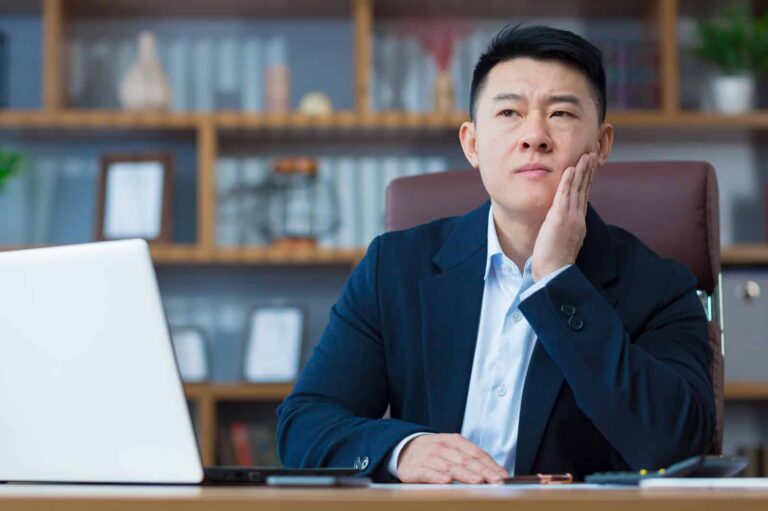The distribution of assets held in joint ownership following death is not always so straightforward and can be challenged, explains Persis Hoo.
People often assume that there is no need to provide for joint bank accounts or joint properties in their Wills due to the assumption that the asset will automatically fall into the hands of the other joint owner when one of them passes on.
While the law of survivorship holds true in most circumstances, it does not mean that the surviving ownership of the asset is insulated from a challenge. This is perfectly illustrated in the seminal High Court case of the Estate of Yang Chun (Mrs) née Sun Hui Min, deceased v Yang Chia-Yin [2019] SGHC 152:
Madam Sun, the deceased wife, and her deceased husband, Mr Yang, had been married for more than 50 years. Mr Yang passed away in 2012 while Mdm Sun passed away in 2016. Proceedings were brought by the Estate of Mdm Sun (her nephew) against the sole executor and representative of Mr Yang’s estate (his nephew).
The couple held multiple bank accounts in joint names. While Mr Yang wrote a Will, he omitted any reference to the joint accounts. The crux of the dispute turned on whether the monies in the joint accounts belonged to Mdm Sun after Mr Yang’s passing. In the course of administrating Mr Yang’s estate, the Defendant had allegedly used the monies that belonged to the Estate of Mdm Sun. Therefore, if the court ruled in favour of the Plaintiff, the Defendant had to return a sum of about half a million dollars to the Plaintiff.
The question then is who was the beneficial owner of the monies in the joint account after Mr Yang’s death? Was it the Defendant, who asserted that as Mr Yang was the main contributor to the monies, Mdm Sun held the monies in the joint accounts on trust for his estate? Or was it the Plaintiff, who argued that Mdm Sun was the beneficial owner of the monies by way of the law of survivorship?
The relevant legal principles
-
The law of survivorship: Joint tenancy
Joint Tenancy refers to a form of co-ownership where parties own the entire interest in a particular property. Upon the death of a joint tenant, the surviving joint tenant will automatically take the entire interest in the property. This is also known as the law of survivorship.

-
Resulting trust
Notwithstanding the above, the law of survivorship can be displaced by resulting trust. A resulting trust arises where there has been a transfer of property in circumstances where the deceased did not intend to benefit the survivor. In this case, there was no clear intention by Mr Yang to retain beneficial ownership of the bank accounts. This brings us to the presumption of resulting trust.
-
Presumption of resulting trust
The presumption of resulting trust kicks in where there has been a transfer of property to the surviving owner, for which the survivor has not provided the whole of the consideration (or value of the property) and there is no evidence that shows the true intention of the transferor. Therefore, an inference is made that the deceased did not intend to benefit the survivor. If this presumption arises and is not displaced, the survivor is deemed to hold the property on trust for the deceased’s estate.
However, all is not lost. If the presumption of resulting trust arises, the presumption of advancement can be argued to displace the former.
-
Presumption of advancement
Certain types of relationships attract this presumption, for example, the transfer of property from husband to wife or father to child. Within these established categories of relationships, transfers of property are intended to be gifts in favour of the recipient.
Application of the law to the facts
In this case, the High Court found that the presumption of resulting trust arose on the facts with respect to the joint accounts since Mr Yang contributed more monies to them. However, the presumption of advancement also arose because Mr Yang and Mdm Sun were married.
For a good part of their 50-year marriage, Mr. Yang was the sole breadwinner of the family and Mdm Sun remained financially dependent on him. The evidence also pointed to the couple having a loving and close marriage. Accordingly, together with other facts, the court held that the presumption of advancement applied, and on the basis of the law of survivorship, the monies in the joint accounts were beneficially owned by (gifted to) Mdm Sun. Hence, Yang Chia-Yin was ordered by the court to return the $500,000 of monies to the Estate of Mdm Sun.
Another case in point is Chye Seng Kait v Chye Seng Fong (executor and trustee of the estate of Chye You, deceased) [2021] SGHC 83. The plaintiff and the defendant in this recent estate dispute are brothers. Chye Seng Kait (Plaintiff) disputes that Chye Seng Fong did not perform his duty as Executor of their father’s Will in accounting for the joint bank accounts as part of the estate of their father — namely whether the joint accounts between the deceased and his daughter should go to the daughter by way of the law of survivorship, or whether it should fall to the estate of the deceased. The Plaintiff submitted that the latter should prevail based on the principle of resulting trust (that is the daughter is only holding the monies in the joint account in trust for their father).
Interestingly, the court held that the daughter did hold the joint accounts on the resulting trust for the father’s estate. However, the Plaintiff’s claim was ultimately rejected as the deceased had explicitly dealt with his joint assets in his Will. Clause 2 of his Will read as follows:
“I hereby declare that any immovable property held by me jointly with the co-owner as joint tenants shall belong to the surviving joint tenant absolutely by virtue of the right of survivorship. I further declare that any account held by me with any other person(s) jointly in any financial institution shall also belong to such joint account holder(s) absolutely by virtue of the right of survivorship.”
The court held that in construing a Will, the court will ascertain and give effect to the testator’s intention as expressed in his Will, read as a whole in light of any admissible external evidence.
Therefore, despite the plaintiff’s desperate attempt to lay claim to the joint accounts, the court ruled in favour of the deceased’s plain and ordinary intent to gift the joint accounts to his daughter, the co-owner of the accounts.
What does this mean for me?
As shown in these two cases, just because assets are held in joint bank accounts does not mean that the beneficial ownership of the asset is insulated from a challenge. In Singapore, the presumption of advancement is only limited to certain categories of relationships. Further, the presumption of resulting trust may arise in certain situations where one party is the main financial contributor to the asset.
To ensure peace of mind and to prevent any disputes or uncertainty, it is advisable to clearly lay out your intentions in your Will or Trust. Even if your assets are held in joint bank accounts, usually for the sake of convenience, it is best to clearly spell out your intention for distribution in your Will.
The above article first appeared on EPPL’s The Custodian, Issue 21.
#Wills #Estate Planning
Persis Hoo
LLB
Estate and Succession Practitioner representing
Precepts Legacy Pte Ltd














